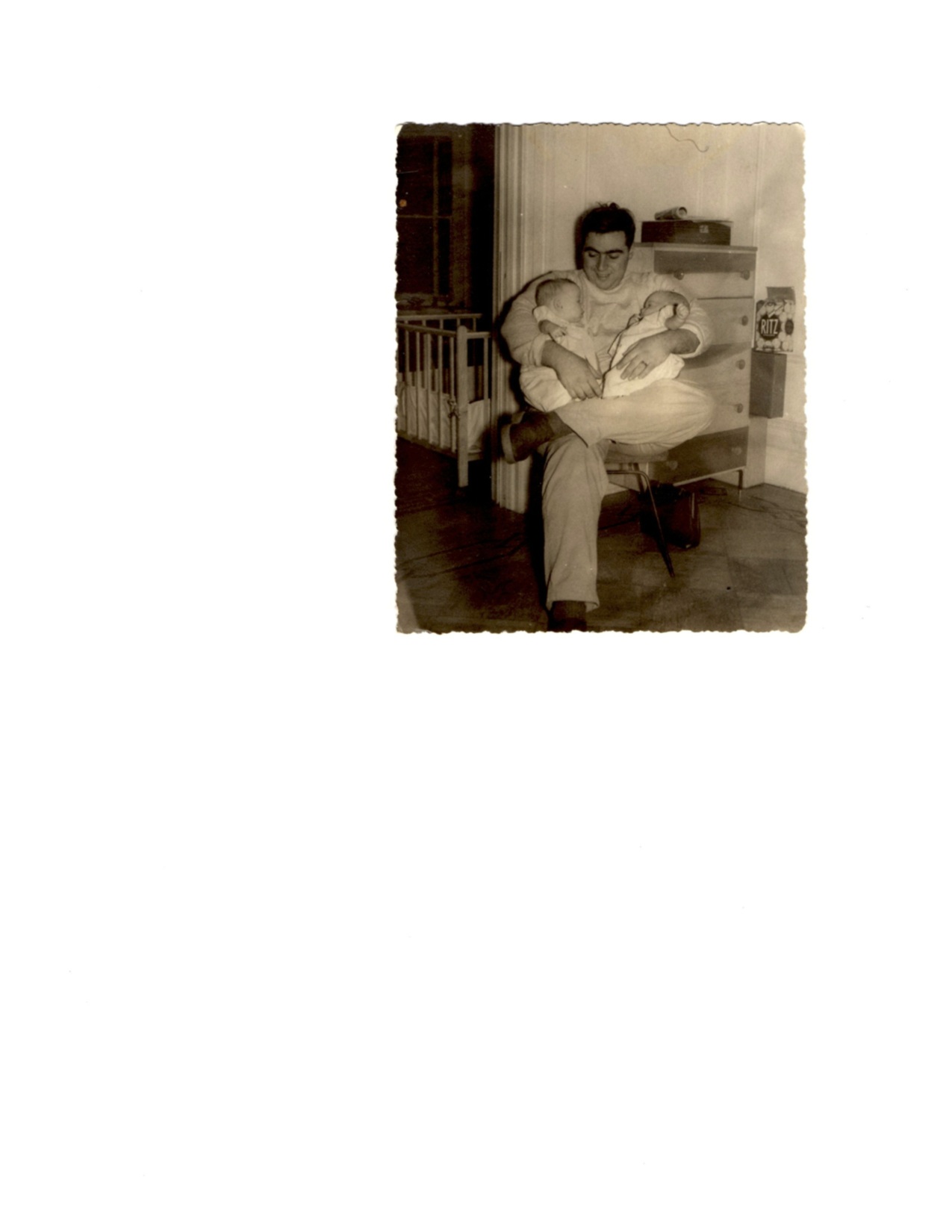Bennetts’ article is about how women who drop out of their careers to stay home with their kids, wake up one day to realize that it was a huge mistake. Given that time taken to raise a family is still thought of as a “hole” in one’s resume, it’s not surprising that Bennetts found many women who paid a price for their choice. But Bennetts’ analysis leaves out an equal number of problems that happen when women try to “juggle” work and family. (I put juggle in quotes, because we often act as if mothers who work outside the home, are magically in two places at once. Of course, they simply rely on other people.)
So, if we only look at the economic consequences of these gut-wrenching decisions, of course families are better off with two parents earning a paycheck. This is helped by the fact that child care is such a low paying profession - it’s easy to find a job that pays more, making it “worth it” to work outside the home. In addition, so many couples rely on undocumented workers, who are not in a position to negotiate for higher wages. So our economy exerts powerful pressures on women to work outside the home.
What’s left out of Bennetts’ analysis are the “crisis points” that parents face. For instance: when you get the call from day care that your child is sick and you have to come get them - but you can’t get away without jeopardizing your job.
Or when your nanny suddenly quits, and you don’t have a replacement yet.
I’ve observed some of these crisis points first hand - standing next to a day care center director, as a childhood illness swept her school, being told by parents “I can’t leave now!” Or hearing the story of a relative - a high-powered lawyer - who came home one day to find that the intoxicated nanny had locked the kindergartener out of the house.
But the most powerful evidence of how this system surrounding two-paycheck families falls apart, have been my experiences as the default backup system for my neighborhood.
Just a few examples: I’ve lost track of how many times I drove all the neighborhood elementary school kids to school when the school bus didn’t show up, or when the school’s field trip got the kids back to school too late for the bus. A first grader, who barely spoke English, was left stranded because his father forgot it was a half day in school that day. I kept him entertained until a friend of the family showed up. Finally, there was the time when a neighbor asked me to be “on-call” for her sick son, while she attended a meeting at work.
I tell these stories not to criticize the parents involved, but to point out that there are risks to all sides of these agonizing decisions. It also illustrates the invisibility of the giant pillar of a support system that women have long constituted - from the armies of volunteers that are desperately needed in the school system, to the traditional role of the “corporate wife,” to caring for elderly parents. Perhaps the regret stay-at-home moms feel, is due to a lack of recognition for this work.
Feminists often bemoan the fact that many women, while appreciating the right to apply for jobs and training without blatant discrimination, shun the label “feminist.” The problem with feminism is not that we’ve been too shrill. It is that, rather than challenging the system that undervalues “women’s work,” we have simply folded ourselves into it, and absorbed that value system that is our undoing.
I hope someday we can look forward to a feminism that rises above this mindset, so that women who work within and outside the home don’t feel alienated from each other, and defensive about their choices.





